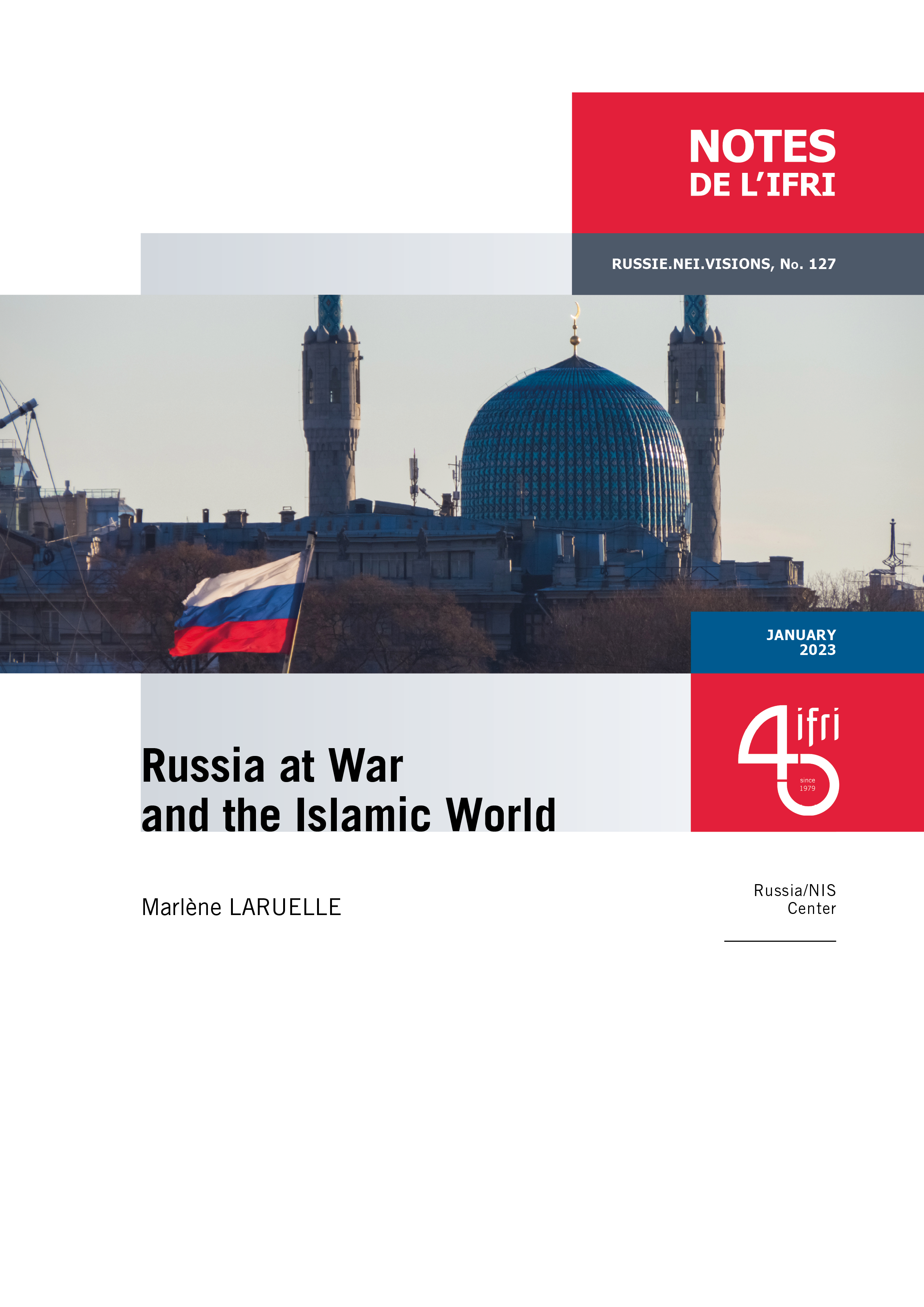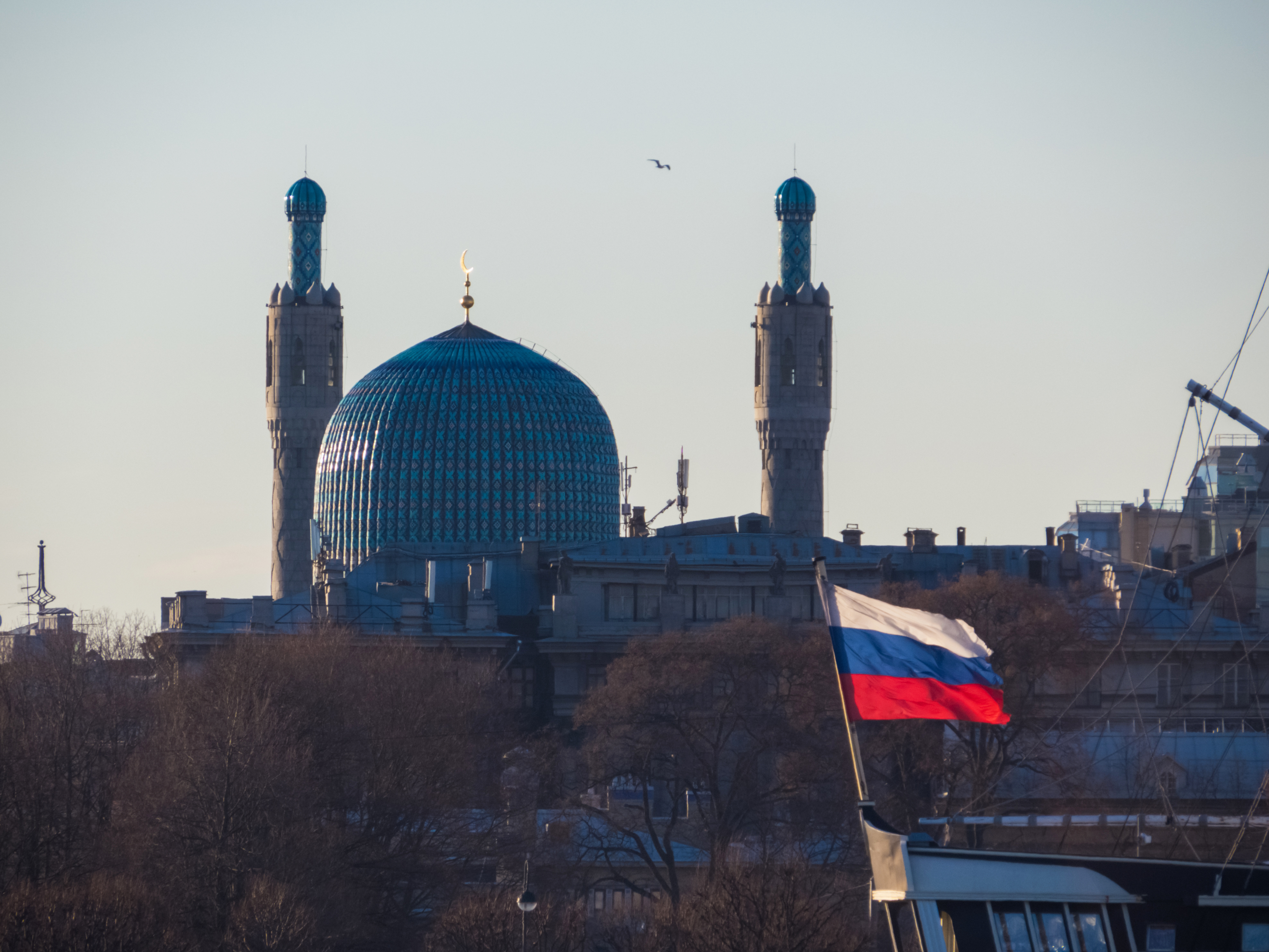Russia at War and the Islamic World

While Russia’s military invasion of Ukraine has resulted in a decoupling with the West on a scale not seen since the worst years of the Cold War, Russia has not been isolated from the non-Western world and has even reinvested its diplomatic energy toward the Global South.

This paper focuses on Russia’s relationships with the Islamic world and how they have been transformed — or not — by the Ukraine war. It discusses both Russia’s “internal” Islamic realm and how the Middle East has reacted to the strategic tectonic shift unleashed by the war and Western sanctions. It explains that the role and place of Islam in Russia have been reinforced by the war context, as Islamic institutions and Muslims are seen by the Russian regime as among the most loyal constituencies. It concludes that the main Middle Eastern regional powers have been able to consolidate their transactional foreign policies and use the war to assert their autonomy toward Western actors so that Russia’s weakening does not result in the West’s increased influence but in a more multipolar order.
Marlène Laruelle is Research Professor and Director of the Institute for European, Russian and Eurasian Studies (IERES) at George Washington University (Washington DC). At IERES she is also Director of the Russia Program, of the Illiberalism Studies Program, and Co-director of PONARS-Eurasia. Since January 2019, she has been an associate research fellow at Ifri’s Russia/NIS Center.
Download the full analysis
This page contains only a summary of our work. If you would like to have access to all the information from our research on the subject, you can download the full version in PDF format.
Russia at War and the Islamic World






